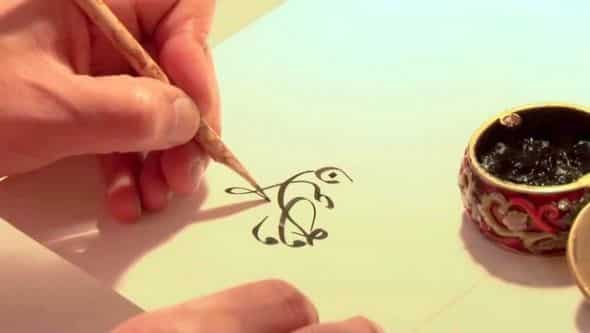French President Emmanuel Macron announced honours on Friday for Algerians who fought alongside French troops in Algeria’s war of independence, part of fresh moves to confront France’s painful legacy in North Africa.
Macron is to grant national awards to more than 20 former fighters and people who have battled for recognition of the Algerians who fought for Paris in the country’s brutal eight-year liberation war.
After a peace accord granted Algerian independence on March 18, 1962, only around 60,000 Algerian loyalists known as “harkis” were allowed into France. There, they suffered rampant discrimination and, in many cases, poverty.
The rest – between 55,000 and 75,000, according to historians – remained in Algeria, where many were massacred after being accused of being traitors.
Notifications published in the official journal on Friday showed that Macron would grant the Legion d’Honneur, the country’s top honour, to six former fighters and the co-founder of an association that has fought for their rights.
Another 19 people are to be granted an Order of Merit, ahead of France’s National Harki Day on September 25.
The National Harki Liaison Committee (CNLH) said the gesture came “a little late”. “The Harkis are nearing the end of their lives. Today, the youngest is 80 years old,” committee president Boaza Gasmi told France Info. “To be honest, our fight is for real recognition and real reparations. It’s not awards that will relieve the Harkis’ suffering.”
A sensitive issue
The fate of the harkis in France and their descendants, who number hundreds of thousands, remains a highly sensitive issue in France, acting as a reminder of its colonial history.
Previous presidents of the left and right had taken cautious steps to acknowledge and face up to French wrongdoing in Algeria and after the war.
Rightwing leader Nicolas Sarkozy admitted in 2012 that France failed in its duty towards the Algerians who fought for France, saying the country “should have protected the harkis from history, it did not do so”.
Macron has gone further than his predecessors in addressing France’s past in Algeria.
Last year he sparked controversy on the campaign trail by declaring that France’s colonisation of Algeria was a “crime against humanity”, leading to protests from some harki groups.
In July, a working group formed at Macron’s initiative urged the creation of a €40 million fund for reparations for Harkis and their children. But the sum is lower than groups like the CNLH hoped.
The Harki community called in early September for Macron to grant reparations commensurate with their suffering at the end of the Algerian war, recalling the support the community gave him in his 2017 presidential campaign and threatening to lodge complaints against France for crimes against humanity.
A few days later, the CNLH reiterated its determination to “go all the way” to plead their case before international tribunals should the government not satisfy their demands.
Last week Macron acknowledged that the French military instituted a “system” that facilitated torture as it sought to cling on to its 130-year rule in the country.
He made the announcement while admitting that the French state was responsible for the torture and death of mathematician Maurice Audin, a French Communist pro-independence activist who disappeared in Algiers in 1957.
The 1954-1962 Algerian war of independence sparked fears of a coup in France, with mutinous generals reluctant to relinquish the colony.
The conflict left at least 400,000 people dead.















